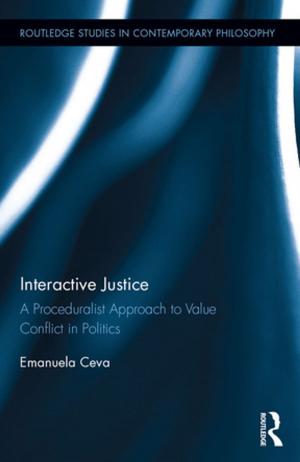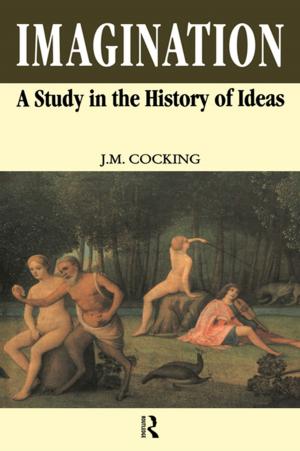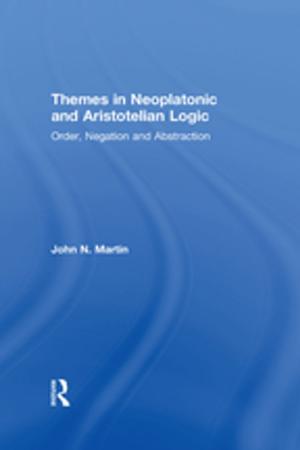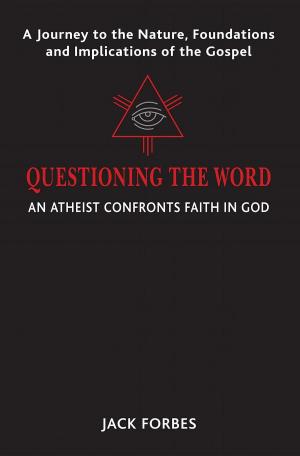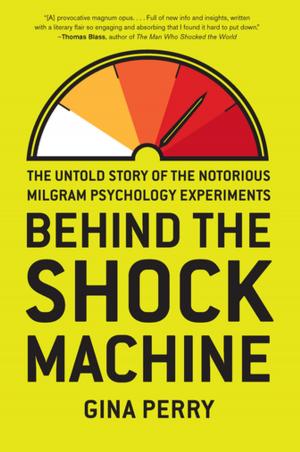| Author: | S.M. Moretta | ISBN: | 9781311923288 |
| Publisher: | S.M. Moretta | Publication: | December 19, 2015 |
| Imprint: | Smashwords Edition | Language: | English |
| Author: | S.M. Moretta |
| ISBN: | 9781311923288 |
| Publisher: | S.M. Moretta |
| Publication: | December 19, 2015 |
| Imprint: | Smashwords Edition |
| Language: | English |
Consciousness. So rich, so complex, so much our world, so difficult to explain. The “Problem of Mind” is considered from the perspective of both interactive dualism (as championed by Descartes) and contemporary materialism. Additionally, two alternative avenues to the explanation of consciousness, namely, quantum mechanics and general systems theory, are discussed in some detail.
But before diving into any of these theories, we must first establish, first define, what exactly it is that we are investigating. And we cannot properly address this issue without an extended analysis of the nature and boundaries of our knowledge, our logic. So this becomes one of several “foundational” issues which I explore prior to delving into the mind-body problem itself. Others include the following: how are we to describe the basic characteristics of consciousness? how are we to address the issue of free will? what exactly is the “self”, the “I”?
It would be hard to exaggerate the degree to which our knowledge has expanded in the last 100 years. Yet consciousness seems to resist explanation rather well. Why is that the case? The search for an answer to this question is a central theme of this essay.
Consciousness. So rich, so complex, so much our world, so difficult to explain. The “Problem of Mind” is considered from the perspective of both interactive dualism (as championed by Descartes) and contemporary materialism. Additionally, two alternative avenues to the explanation of consciousness, namely, quantum mechanics and general systems theory, are discussed in some detail.
But before diving into any of these theories, we must first establish, first define, what exactly it is that we are investigating. And we cannot properly address this issue without an extended analysis of the nature and boundaries of our knowledge, our logic. So this becomes one of several “foundational” issues which I explore prior to delving into the mind-body problem itself. Others include the following: how are we to describe the basic characteristics of consciousness? how are we to address the issue of free will? what exactly is the “self”, the “I”?
It would be hard to exaggerate the degree to which our knowledge has expanded in the last 100 years. Yet consciousness seems to resist explanation rather well. Why is that the case? The search for an answer to this question is a central theme of this essay.



